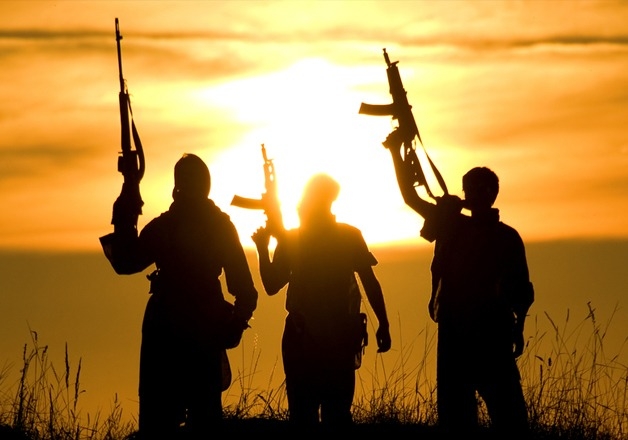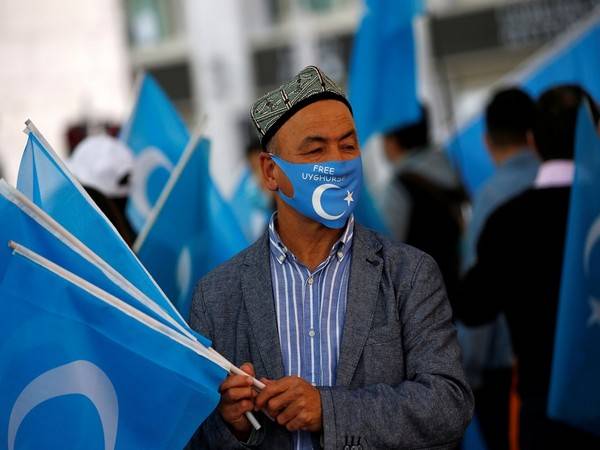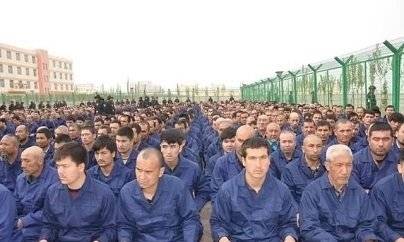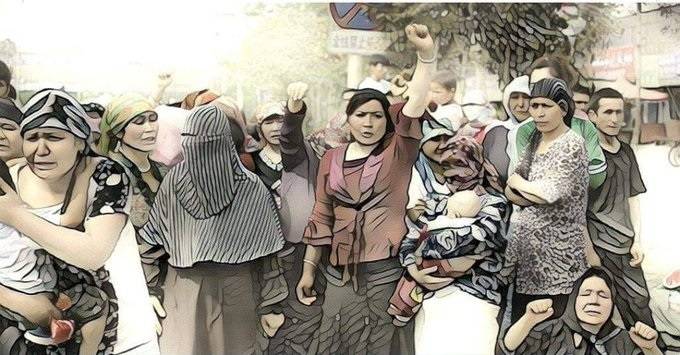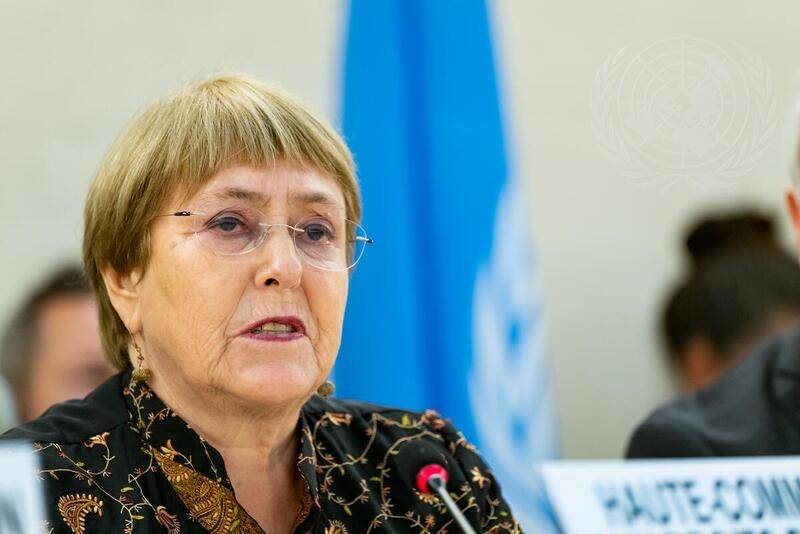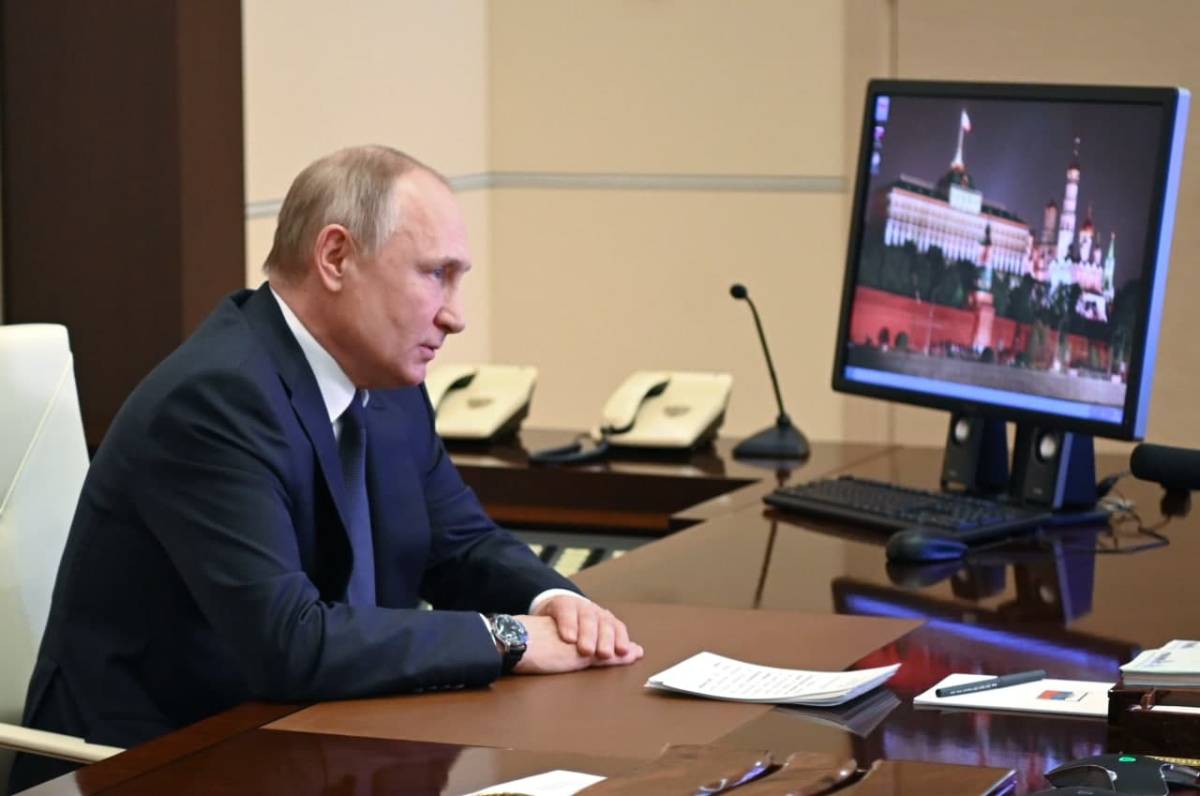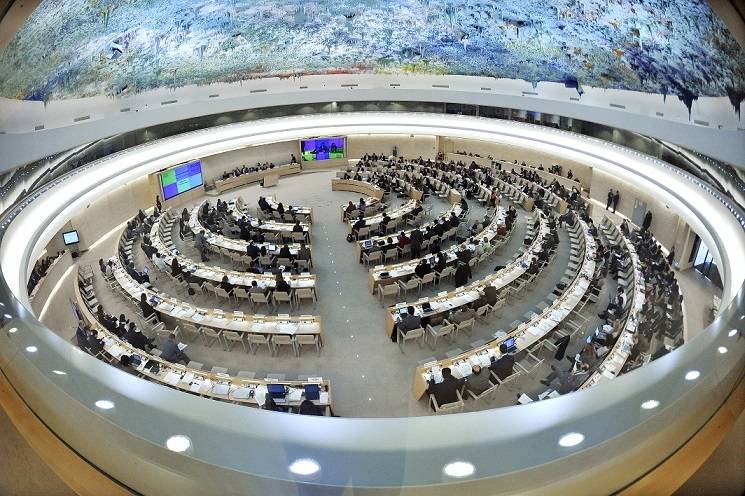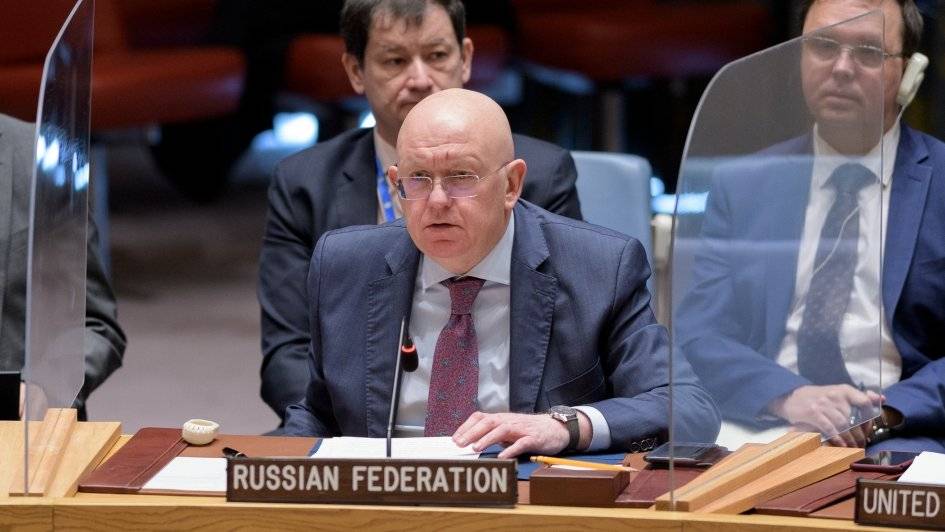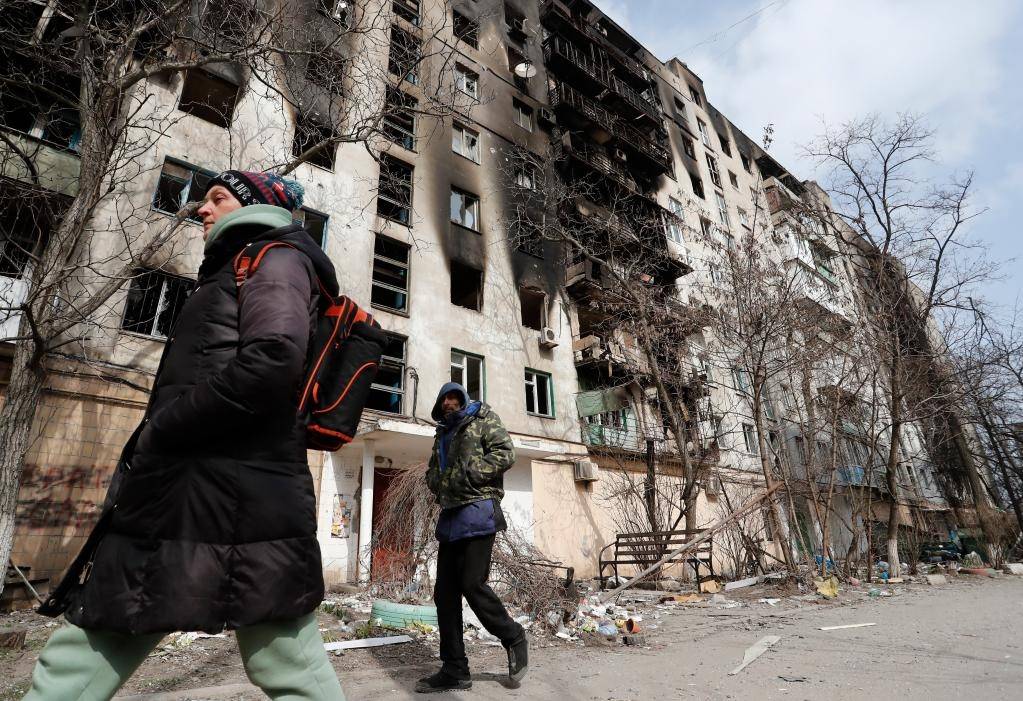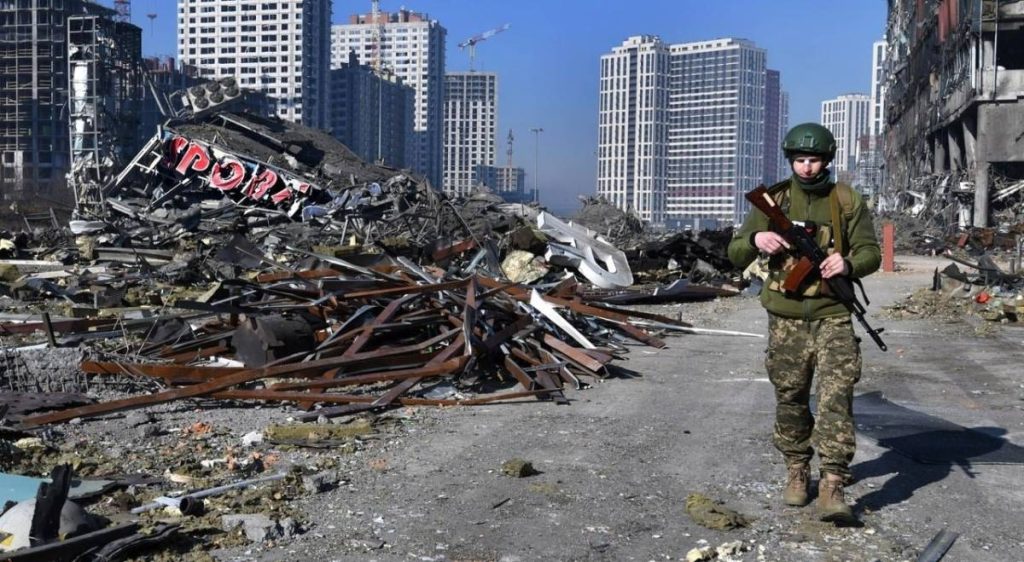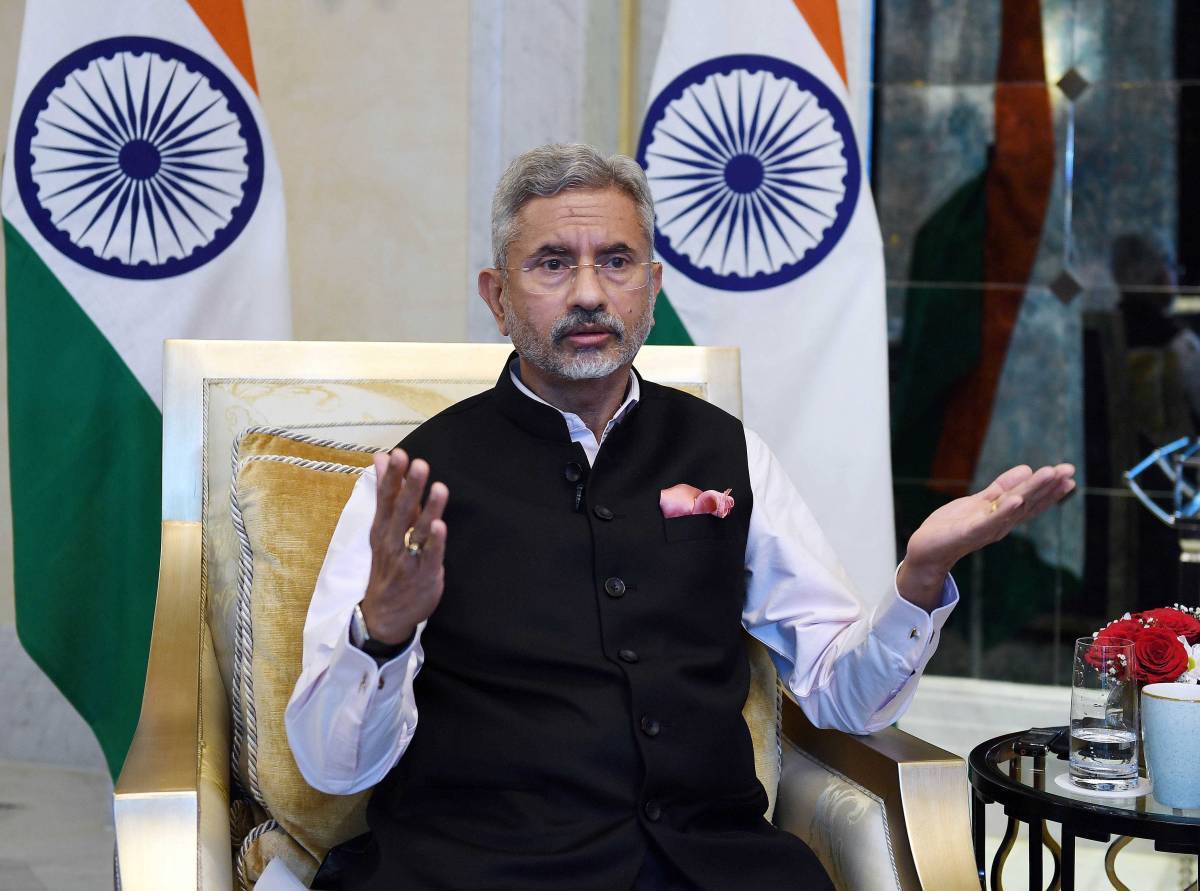Cross-border terrorism remains a core concern for India, moreover, Pakistan facilitates the movement of its proxies across the border with the only motive of creating terror in the minds of people…reports Asian Lite News
Kashmiri victims of cross-border terrorism addressed United Nations Human Rights Council (UNHRC) event for the first time which has been welcomed by India.
Activist Shuib Lone has highlighted the issue of cross-border terrorism in Kashmir, at a United Nations Human Rights Council event.
Representing family members of victims of terrorism in Kashmir, especially women, he said, “Silence is imposed on the victims, and families, especially regarding women. As an activist, I documented numerous such incidents where women are prevented from speaking out against these atrocities. It is well known how militants continue to use residents’ places during such operations against the wishes of locals.”
MEA spokesperson Arindam Bagchi hailed the move and said that “We talk about terrorism in this way very dispassionately, I think directly listening to the victims makes a difference and it is a good step that the council can hear them directly, the victims of terrorism”, adding, “I can’t express what impact it will have right now, but it is important that a human face is given to the victims of terrorism, and they are not just numbers or figures,” the WION reported.
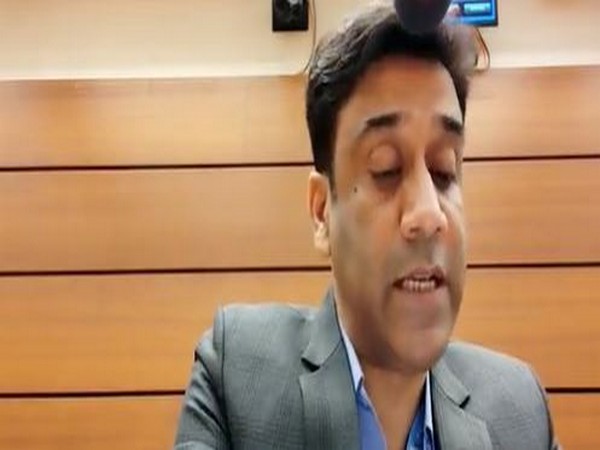
Cross-border terrorism remains a core concern for India, moreover, Pakistan facilitates the movement of its proxies across the border with the only motive of creating terror in the minds of people of neighbouring states.
Describing the horrors of women in Kashmir, Lone said, “There are numerous incidents of involuntary labour by women – cooking, cleaning, sheltering militants, sexual violence and assault on women over the last few years, we are working on the grass-root level to bring together the violence against the victim families and women on the common platform to amplify their voices as well as the community-led efforts for rehabilitation.”
During the last 15 years, thousands of civilians have lost their lives in terrorism, apart from thousands of defence, paramilitary and police personnel who have sacrificed their lives in the line of duty. Infiltration and smuggling of narcotics, arms and weapons across the borders have been matters of constant and relentless anxiety to all concerned agencies manning the borders.
“Today, the families of victims of cross-border terrorism continue to live under fear and threat. I have a strong faith in the international community’s role to address these challenges and increase coverage of such incidents with a special focus on women and reporting about perpetrators, who gradually created an environment that would keep such activities in check,” said Lone. Notably, India is the chair of the UN’s 1373 Counter-Terrorism Committee. The United Nations Security Council Counter-Terrorism Committee (CTC) has decided to hold a special meeting on the theme “New and Emerging Technologies” with the support of its Executive Directorate (CTED), in India on 29 October 2022.
Addressing the sideline event, Tasleema said, “I have witnessed many close family members being brutally murdered by terrorists” highlighting, “we remain unacknowledged…”
The members that will participate in the meeting are Albania, Brazil, Gabon, Ghana, India, Ireland, Kenya, Mexico, Norway and the UAE, along with five permanent members China, France, Russia, the UK and the US. There are several other countries and international organisations, and experts that are invited and will participate in the meeting. This will be the seventh time the Counter-Terrorism Committee meets outside New York.
The agenda/meeting will focus on three areas where emerging technologies are massively being used and abused by terrorists, for terrorism purposes and spreading disinformation and hate speech. The special meeting will discuss the use of technology for security and counter-terrorism purposes, namely (a) the Internet and social media, (b) terrorism financing, and (c) unmanned aerial systems (UAS). The meeting would be conducted in the six official languages of the United Nations and be open to the wider United Nations membership and other relevant stakeholders.

